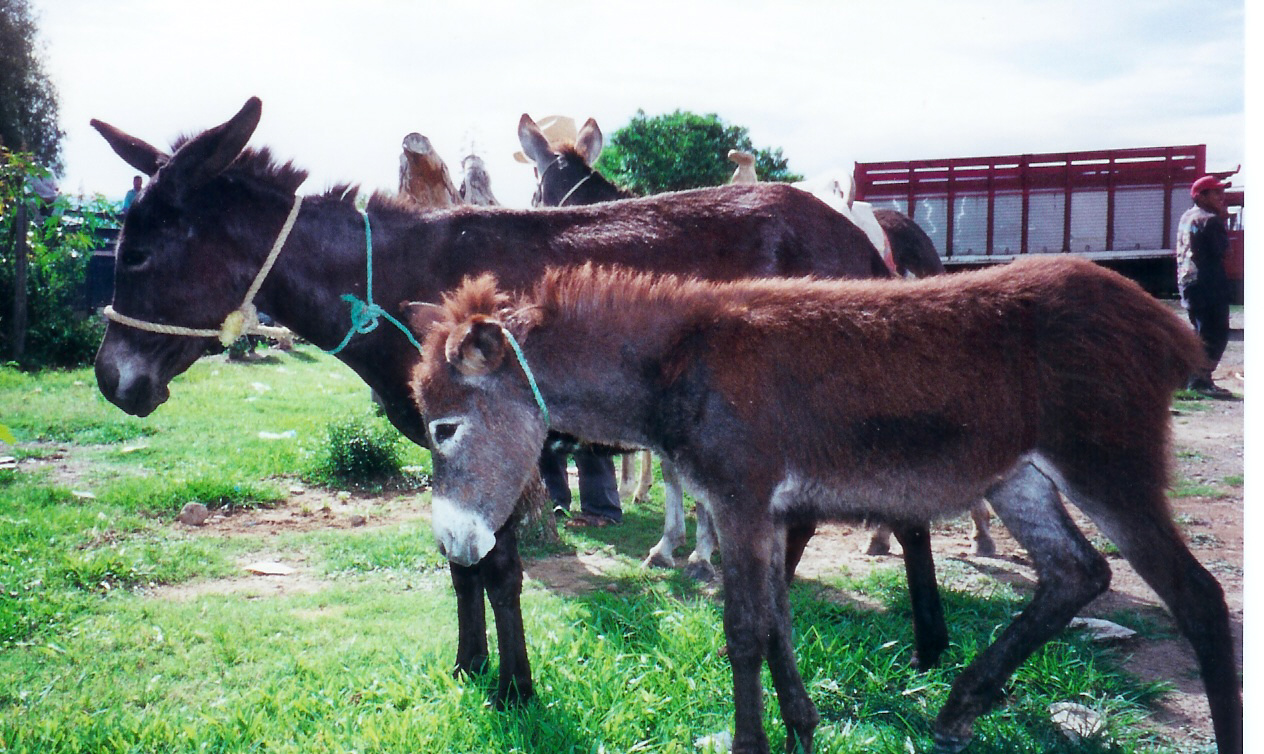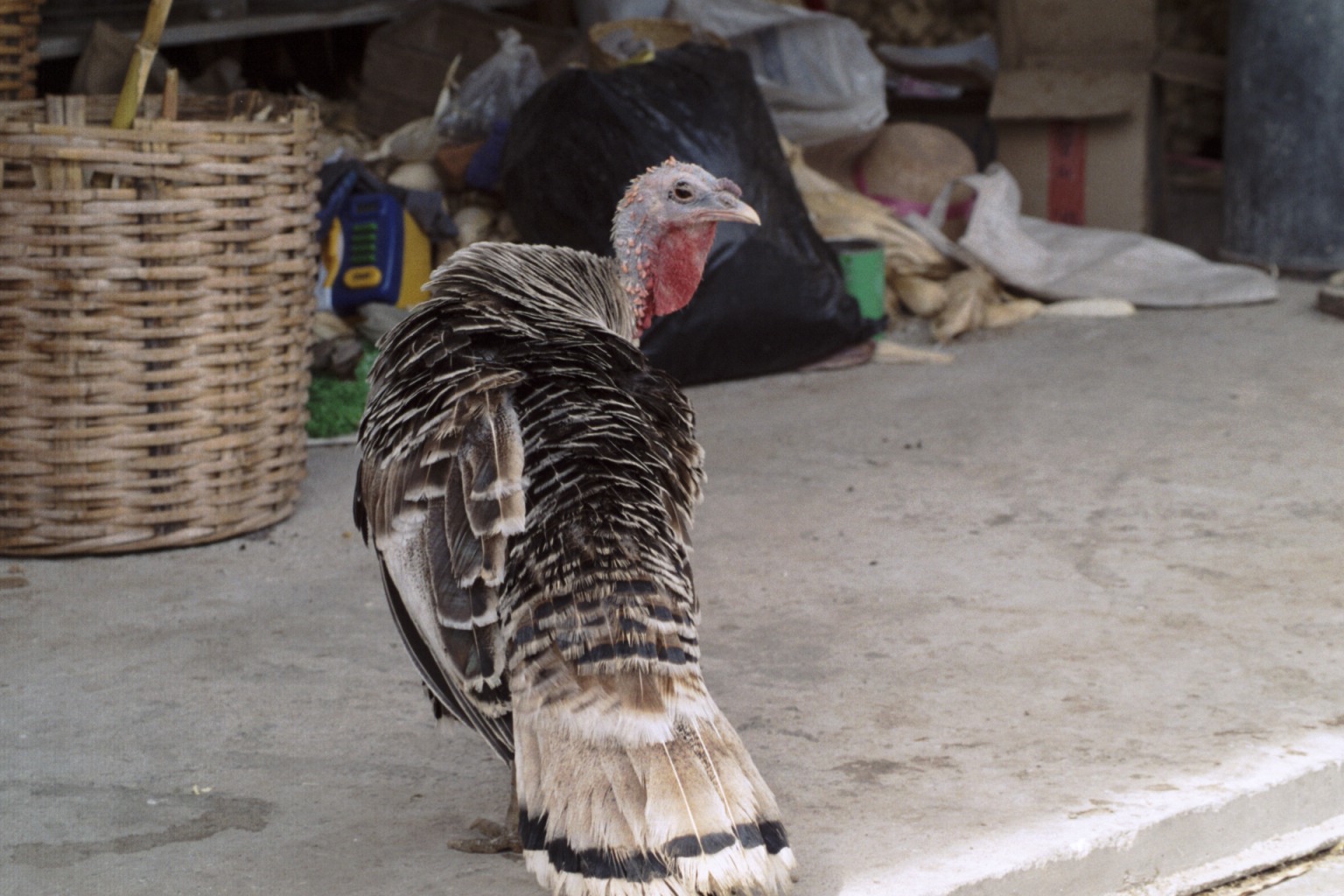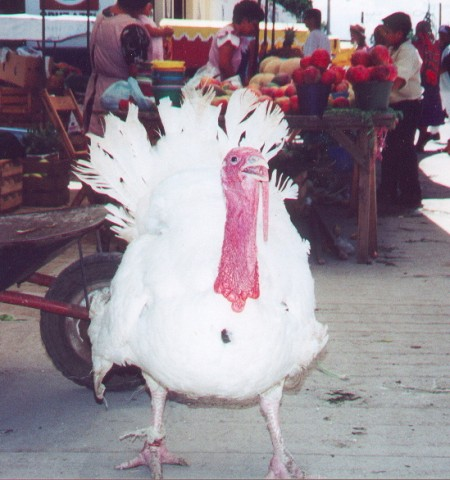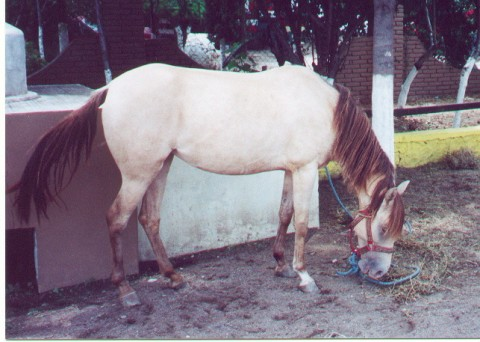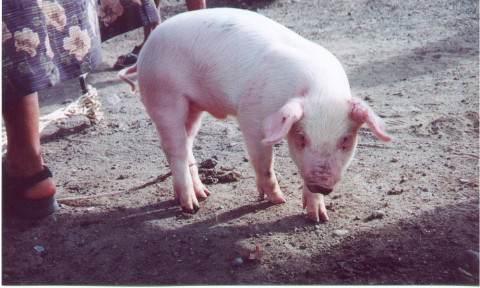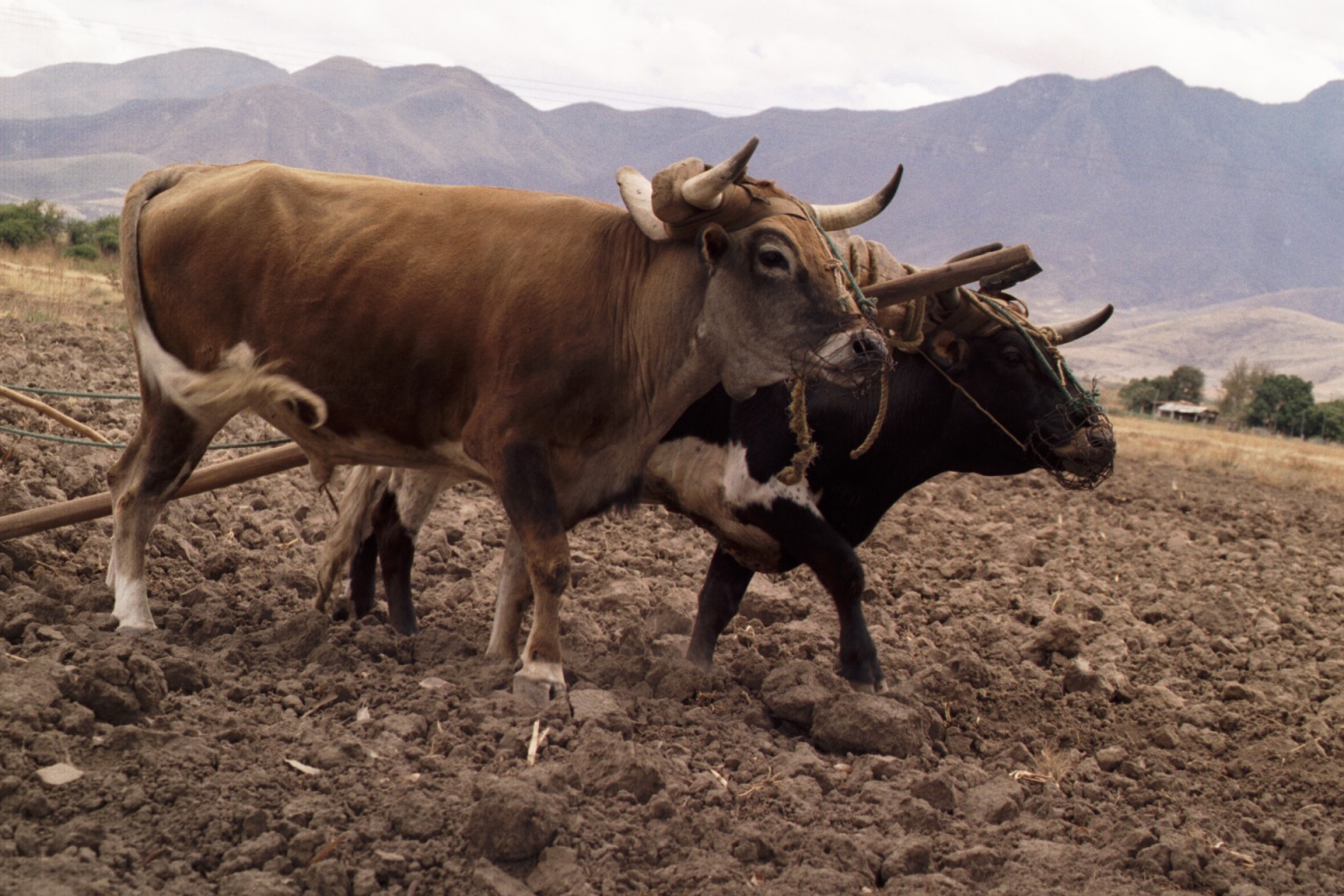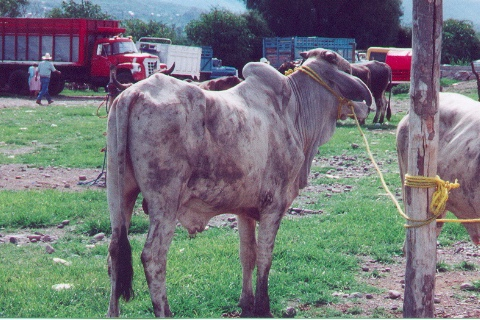S-6. Animal Names
§1. Below are some names of animals or ra many [ra ma’any] (many means “animal”, “bird”, or “insect”) in Valley Zapotec. You’ll be able to use these words with your teacher in the classroom in the mini-dialogue patterns in section §3 below.
|
badia [badiia] roadrunner
bag [baag] cow
baguidy [ba’gui’idy] butterfly banua [bannùùa’] scorpion barga [bargàa’] type of medium-sized grasshopper bat [bàa’t] skunk baxat [bax:aa’t] toad bca [bca’ah] grackle bdi [bdih] ant
becw [bèe’cw] dog
beich [be’ich] buzzard bel [bèèe’ll] snake bel [behll] fish beu [be’euh] turtle beu [be’èu’] coyote bez [be’ez] type of big jackrabbit bez [bèèe’z] mountain lion blidguiny [bli’dgui’iny] mosquito brau [bra’au] lizard bsia [bsihah] eagle bsuaz [bsu’ahz] squirrel btyep [btye’ep] wasp btsya [btsya’ah] louse
buarr [bua’rr] donkey
budy [bu’uhuhdy] chicken
budy gwuar [bu’uhdy gwu’uar] turkey
budy ngual [bu’uhdy ngu’ahll] male turkey
bxady [bx:àady] chapulin (edible grasshopper) byiu [byìi’u] flea byuc [byu’c] hawk bzeiny [bzèiny] deer bzigui [bziguih] / bzogui [bzoguih] black widow spider bziny [bzihny] mouse
cabai [caba’i] horse
conejw [conne’jw] cottontail rabbit
cuch [cu’uch] pig
chinzh [chi’iinnzh] bedbug dam [da’amm] owl
guan [gùu’ann] bull; ox
guan sebu [gùu’ann sebuu] zebu, type of ox with a hump
manyser [ma’anyseer] bee rran [rraan] frog zhacw [zh:ààa’cw] cockroach zhieb [zhi’eb] goat
zhily [zhi’iilly] sheep
zhyet [zhye’et] cat |
Did you notice that the great majority of these animal names begin with b? The b at the beginning of many animal names in Zapotec (as well as many words for people, such as buny [bùunny] “person” and bdo [bdòo’] “baby”) is an old PREFIX identifying living creatures. (A prefix is an element that is added to the front of a word to form a new kind of word, like English un‑, as in unable. You’ll learn more about prefixes in later lessons.)
It may surprise you to learn that turkeys are extremely important in Zapotec culture. (Your teacher will tell you more about this!) Some speakers use budy gwuar to refer to any turkey, while for others, this means only a female turkey. Budy ngual is only a male turkey. (There are still other words for different types of turkeys (and chickens), as your teacher may explain.)
There are many other animal names in Zapotec, of course!
§2. The words here remind you how important it is to pay attention to pronunciation (and pronunciation guides!). Words that are spelled alike, like bez “jackrabbit” and bez “mountain lion”, are not necessarily pronounced the same. Listen as your teacher pronounces these words, and make sure you can say them correctly. If you have trouble, practice more, and review the material in Lecsyony Chon and Lecsyony Tap.
§3. Below are materials for some interactive mini-dialogues using animal names which your teacher may use with you in the classroom along with pictures of the animals. Learning how to respond to the questions and commands presented will help familiarize you with spoken Valley Zapotec, both in understanding and speaking.
Your teacher may vary the sentences below using names for different animals and other common items.
| Zapotec | English | pronunciation guide |
| Xi dibuj xten nde? | “What is this a picture of?” | [xi dibu’j x:tèe’n ndèe’?] |
| Cabai nde e? | “Is this a horse?” | [caba’i ndèe’ èee?] |
| A. | “Yes.” | [àaa’] |
| Yac. | “No.” | [yaa’c] |
| Becw nde. | “This is a dog.” | [bèe’cw ndèe’] |
| Cabai nde e, guala becwëng? | “Is this a horse, or a dog?” | [caba’i nèe’ èee, guallàa’ bèe’cwëng?] |
| Ati cabaidi naëng. | “It’s not a horse.” | [a’ti’ caba’idi’ nàa’-ëng] |
| Lia Len, cwa becw. | “Elena, take the dog.” | [Lia Leen, cwàa’ah bèe’cw] |
| Bdeidy becw Bed. | “Give the dog to Pedro.” | [bdèèi’dy bèe’cw Beed] |
| Bed, ridane becw re chiru bzubi lo mes. | “Pedro, bring the dog here and put it on the table.” | [Beed, ridàa’nèe bèe’cw rèe’ chiru’ bzùu’bih loh me’es] |
An element that is added to the front of a word to form a new kind of word. An English example is un-, as in unable. Prefixes cannot be used on their own, but must be attached to another word.



